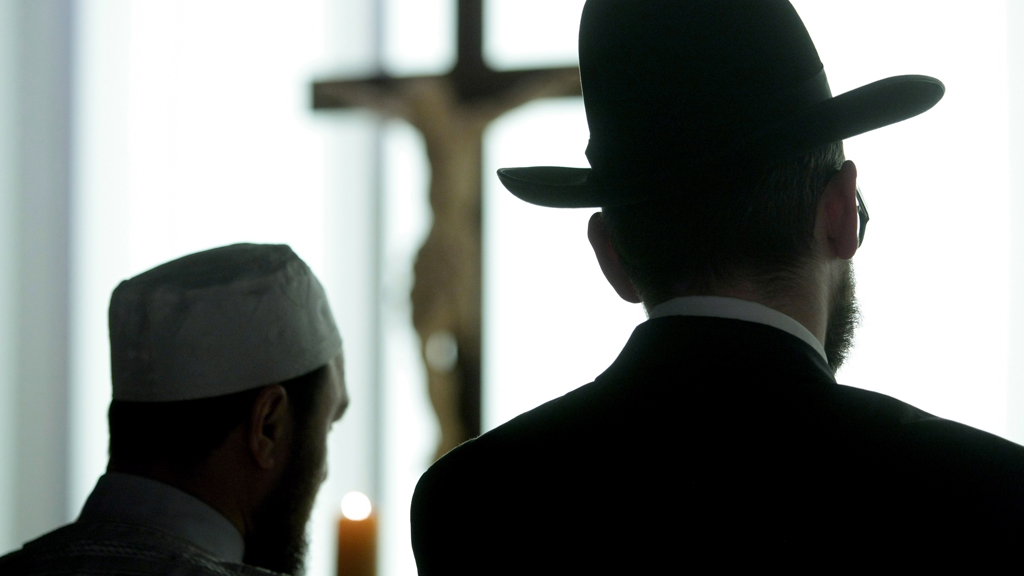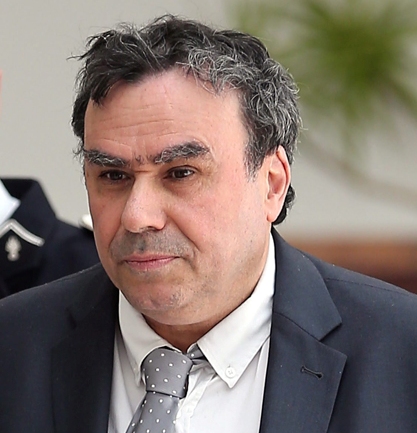The history of relations between Jews and Muslims

Do you think this book can help obstacles to be overcome and could be welcomed by these antagonistic communities?
Benjamin Stora: I don't think that historical or academic work is enough to reconcile memories; political gestures are absolutely indispensable for that. However, for half a century now, there has been such a deficiency in this respect, such a separation between Jews and Muslims, such a chasm of misunderstanding between them, such a disappearance of minorities (especially of Jews and Christians) from the Muslim public sphere that the mere fact of restoring this history is, in itself, a political and subversive act. Today, 20-year-olds – or even 30-year-olds – have never seen a Jew in their environment. Moreover, when one speaks to them about the coexistence of Jews and Muslims in Arab towns, they have trouble believing it; they have the impression that it has never happened, that this is mere revisionism.
Yet people do remember this coexistence. Is it not passed on by the generations who have experienced it?
Stora: There are of course families who have lived with the Jewish communities and who have spoken about it. However, the spread of ideology among young people is such that this ancient family tradition is difficult to pass on. Such stories are perceived as exaggerated, falsified; they are put down to a misplaced nostalgia on the part of older people who have not understood the sense of history and are embellishing it. So the act of restoring the history and the memory becomes political.

Does this aspect pose a problem for the reception of the book?
Stora: For this to happen, it first has to be translated, and there is a battle for the translation of this book into Arabic that has not yet been won, firstly, because there are financial difficulties, and secondly, because of deep ideological blockages. The real challenge is to find people within the Arab world who are capable of conveying this history. However, there are relatively few great historians of the Arab world living in the Maghreb who would be able to take it on. In effect, the political powers didn't trust them; they preferred Arab nationalist or Islamic ideologists to historians who went beyond this ideologically coloured view of the world to look at the hard facts of reality. However even though there are very few of them, they do indeed exist and are among the contributors to this book.
You have spoken of the "acceleration of history". Could you explain exactly what you mean by that?
Stora: The separation began in the nineteenth century with colonialism (the Cremieux Decree), but the acceleration began in the mid-twentieth century. It is about understanding how 50 years have managed to erase 13 centuries of coexistence between Jews and Muslims, and what factors caused this sudden, brutal and radical separation, this erasing.
There are several episodes where the responsibility is largely attributable to Europe: the emergence of Arab nationalism and the fact that it turned in on itself, the birth of Zionism, the creation of Israel and the Arab-Israeli wars, colonisation and decolonisation. We are thus faced with a series of phenomena that came thick and fast and merged with each other at lightning speed. However, the religious factor was never the cause. If it had been, the relationship between Jews and Muslims would never have lasted all this time. In short, it is the political – not the religious – aspect that caused the separation of the two communities.

What is the historical approach underpinning this impressive tome?
Stora: There are already many histories of Islam and Judaism, but there are few works that focus on their relations. What makes this work unique, therefore, is that it introduces the notion of a mixed space, it questions each community's relations to the other and compares points of view on particularly sensitive questions. I am thinking here in particular about the contributions from two historians, one Palestinian and one Israeli: Elias Sanbar on al-Nakba (the catastrophe) and Denis Charbit on the Jewish-Palestinian conflict. This way of writing history on the basis of a comparative dynamic is truly innovative. Yet in a context of great tensions between the communities, this approach was not accepted immediately; we risked the disapproval of both sides.
The book has been on the market for a few months now. How has it been received thus far?
Stora: It was published in October 2013. Already 12,000 copies had been sold by mid-February. That's a lot for an expensive book that has not had much media coverage, especially on national channels. It resonated with the readers and was recommended via networks, at meetings, via word of mouth, which shows that there were certain expectations relating to the subject.
Many discussions were organised to coincide with its publication, including events at the IMA, the Immigration Museum in Paris, in Strasbourg, in Marseille ... Each of these events was attended by a lot of young people; the discussions were fascinating, which shows that these young people want to reclaim and rebuild their history.
Interview conducted by Nathalie Galesne
© Babelmed 2014
Editor: Aingeal Flanagan/Qantara.de
The photos in this article were changed on 14 May 2014.
